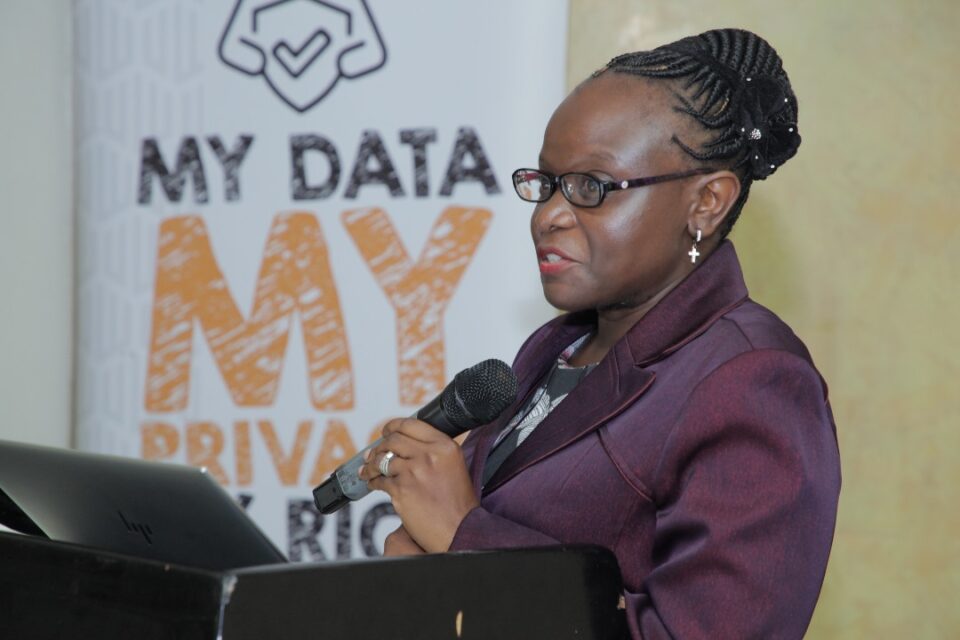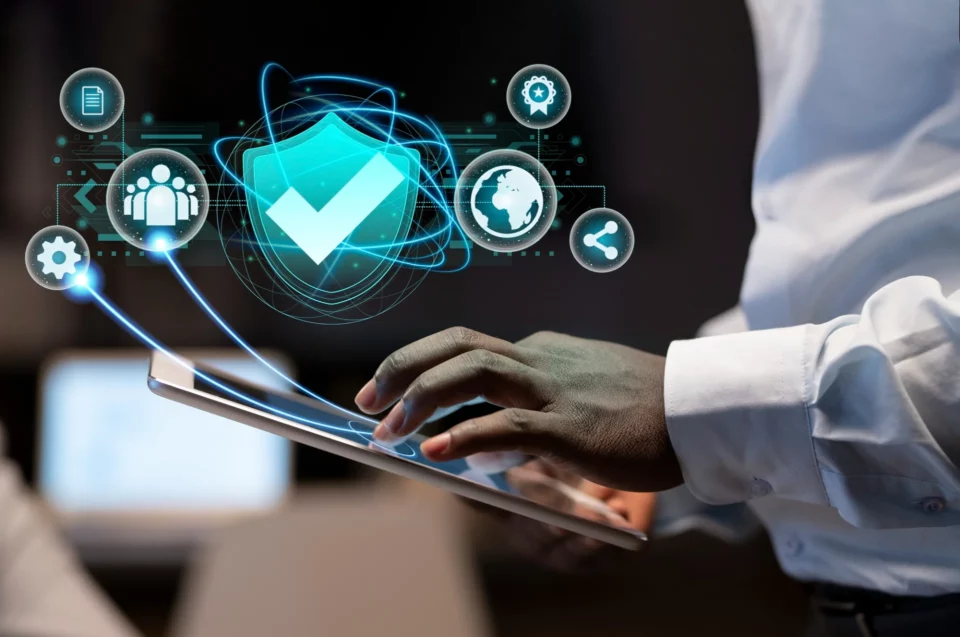Biometric users must protect people from COVID-19 virus.

The World Health Organization and state authorities are encouraging frequent hand washing and practicing social distancing, among other preventive measures societies needed to contain the spread of coronavirus.
In Uganda, President Yoweri Museveni banned common community practices of hugging and handshaking, stressing frequent hand washing using water and soap, closed down all institutions of learning for 30 days among other guidelines.
However private and public institutions were not closed by the government and continue to operate while exercising the presidential guidelines. Some of these institutions have long embraced the use of technologies, including biometric fingerprint readers, for either institutional safety or better service delivery.
These machines are used by several institutions to authorize access to premises or identify a customer in the bank during transactions.
The use of biometrics has in the past raised concerns related invasion of the right to privacy, these concerns have now extended to health rights.
It is essential to limit the health risks of a finger-print biometric to either staff or customers during the COVID-19 pandemic.
But is the use of biometric readers necessary and proportionate during periods of health crisis?
On March 23, cabinet directed the National Identity card issuing agency, NIRA to suspend operations for 30 days. The National Identification Registrations Authority, (NIRA) is charged with the registration and issuance of National Identity card, and this process involves the use of biometrics. The biometric readers are used by banks, NGOs, media institutions and public institutions among others.




